Tula study shows electrified DSF for LDV mild hybrid diesels reduces CO2 emissions by up to 11%
Green Car Congress
JUNE 29, 2021
The study validated that Tula’s Dynamic Skip Fire (DSF) developed for mild-hybrid diesel vehicles reduced CO 2 emissions in a 2.3 When Tula’s software strategies were implemented, an additional 11% of CO2 was eliminated compared to industry-leading hybrid powertrains. Conference on 30 June.












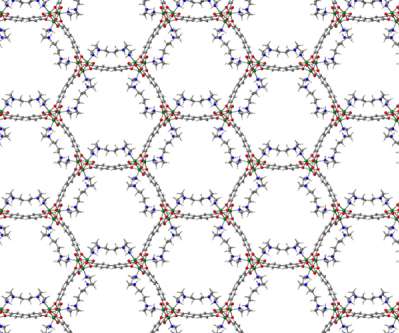





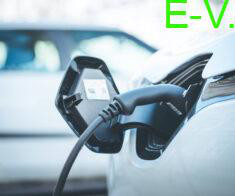

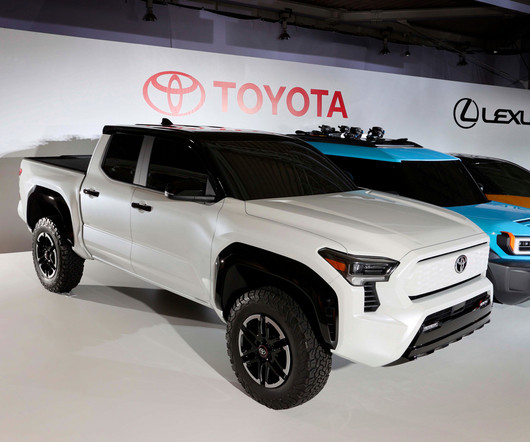
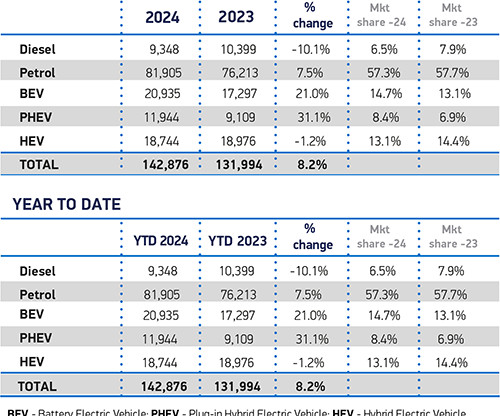

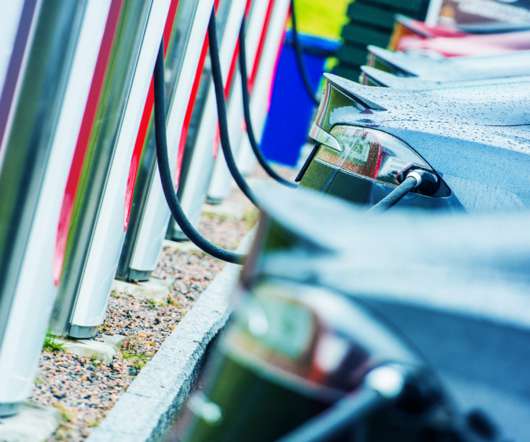
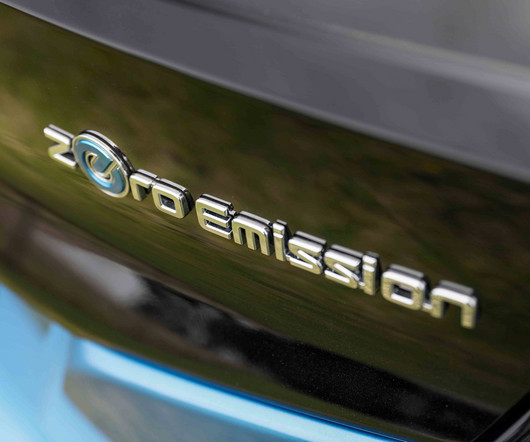
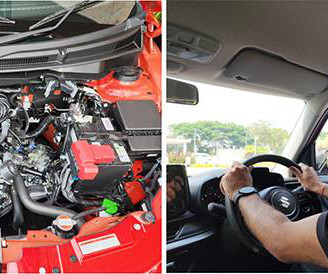





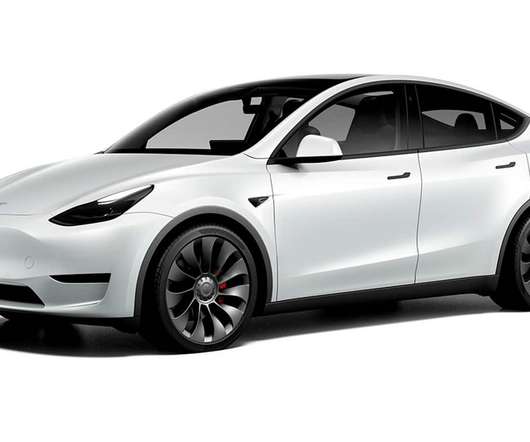
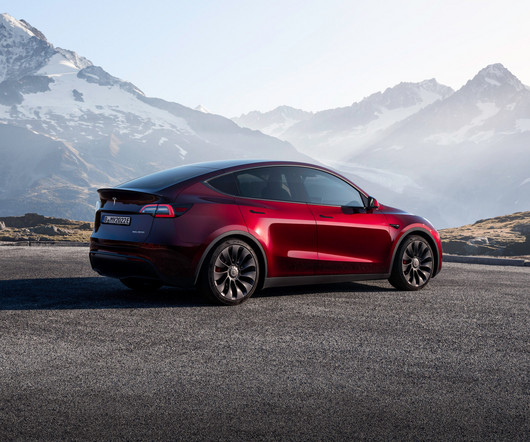






Let's personalize your content